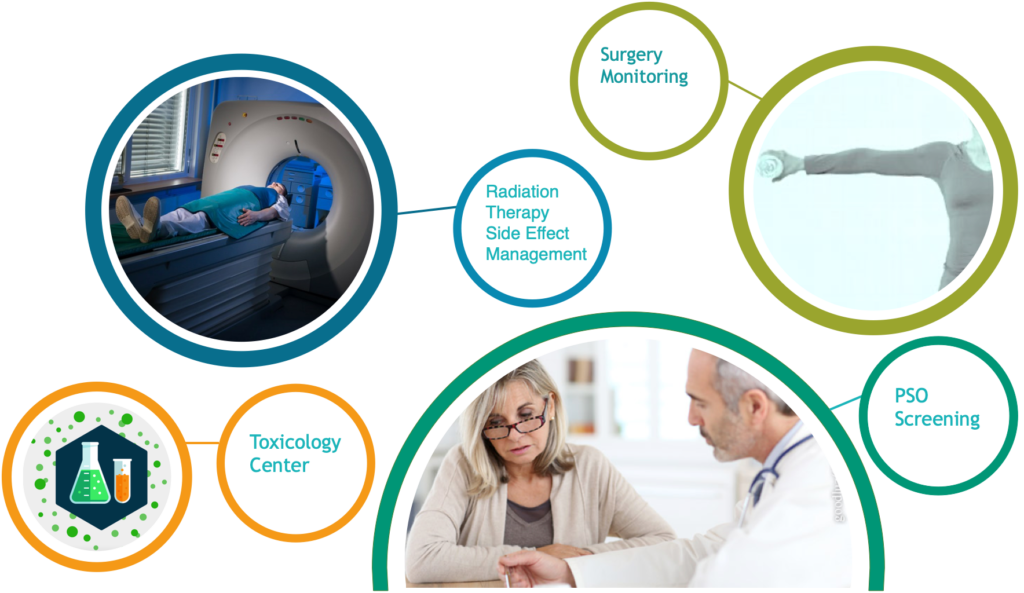| Cookie | Duration | Description |
|---|---|---|
| cookielawinfo-checkbox-analytics | 11 months | This cookie is set by GDPR Cookie Consent plugin. The cookie is used to store the user consent for the cookies in the category "Analytics". |
| cookielawinfo-checkbox-functional | 11 months | The cookie is set by GDPR cookie consent to record the user consent for the cookies in the category "Functional". |
| cookielawinfo-checkbox-necessary | 11 months | This cookie is set by GDPR Cookie Consent plugin. The cookies is used to store the user consent for the cookies in the category "Necessary". |
| cookielawinfo-checkbox-others | 11 months | This cookie is set by GDPR Cookie Consent plugin. The cookie is used to store the user consent for the cookies in the category "Other. |
| cookielawinfo-checkbox-performance | 11 months | This cookie is set by GDPR Cookie Consent plugin. The cookie is used to store the user consent for the cookies in the category "Performance". |
| viewed_cookie_policy | 11 months | The cookie is set by the GDPR Cookie Consent plugin and is used to store whether or not user has consented to the use of cookies. It does not store any personal data. |
Our software solution is a flat decision-making system, which learns and improves based on the daily data flow. We start to adapt our processes and models to any chronic disease, indication or monitoring process beginning from the first data entry.
If you have some ideas about supporting your patients outside of the clinic through continuous monitoring, guidance, and education for a particular indication, but you lack expertise in planning, technical and administrative implementation, do not hesitate to contact us. We are always glad to support you with our experience in evaluating the feasibility of your concept, designing a study, finding financial sources for the implementation of the proof of concept, and developing cases for the project scale-up.

CONTACT US

PATIENT INFORMATION

In December 2019, following the WHO recommendations and urgent need of health care system modernization, the German government introduced a new law: The Digital Supply Act (DSG). It intends to create a favourable scientific and financial environment to catch up with the eHealth deficits in Germany and achieve an important milestone on the sustainability of the healthcare system.
DSG entitles around 73 million people in Germany to digital health applications (DiGA), which doctors can prescribe, and health insurance companies reimburse. The DIGA are software applications or automated “digital assistants”, designed to help patients understand and treat disease, injuries and achieve better health-related quality of life.
DSG and DiGA are expected to have a significant impact on the quality of medical outcomes. In March 2021, the German health insurance companies accepted four DiGA, with a further seven granted temporary status. Over 100 members under the umbrella association for digital healthcare have conducted studies to prove their effectiveness as a DiGA, aiming to be included in the official national DiGA list.

Below are some useful links to the growing service of DiGA.
| meQ DIGA | Description |
|---|---|
| meQ Breast Cancer | The study is running at the women’s clinic at the Technical University Munich, Department of Gynecology (Director: Prof. Dr. med. Marion Kiechle). The aim of the project is to ensure long-term positive medical results after surgical interventions in breast cancer. |
| meQ Diabetes | The project was started in cooperation with the ministry of health and the national center of disease control to handle the complications of diabetes relapses. The study arrangement includes five endocrinological clinics. The project is in the last phase of negotiations. |
| meQ Heli | HEALTH LIFE STYLE INITIATIVE project was started in 2019 in one of the central asia countries. |
CONTACT US

ORGANISATIONS & GOVERNMENTS
Worldwide, governments committed themselves to the continuous development of the health care system to enhance the transition toward Universal Health Coverage (UHC). Sustainability of health care services, inclusiveness of access, and affordability have been recognised as guiding principles in the national healthcare development strategies. During the last decade, different governments have enacted a series of reforms that have led to substantial improvements, especially in the increased range and modernisation of medical services.
Despite remarkable achievements, there are still many issues to be resolved to improve the management of non-communicable diseases. In general, NCDs remain the leading cause of mortality worldwide. The problem is especially relevant for low and middle-income countries (LMIC), where different approaches are needed to tackle NCDs and the growing financial need for complications in medical care demand. First, the development of prevention and primary care services should be intensified. Second, the costs of cardiovascular, diabetic, and chronic respiratory disease management should be minimised through targeted essential evidence-based interventions.
Considering the alarming trend of NCDs, LMIC governments developed different activities and programs to defuse the current NCD situation. However, these measures are just the beginning of the complex process required to improve NCD-Management. This is also reflected in the World Health Organization’s recent recommendations, which emphasise the urgent need of governmental actions for the improvement of NCD-Management regarding quality control of medical services, financial protection, monitoring, prevention and health literacy.
We are cooperating with several governmental structures developing systems targeting the improvement of medical outcomes via the implementation of patient adherence support and continuous measurement of medical outcomes in daily practice. We are compliant with national NCDC action plans targets, such as reducing the risk of premature mortality from NCDs, halting the increase and spread of NCDs.

Our goals comply with Sustainable Development Goals (SDG) defined by the United Nations General Assembly in 2030 Agenda for Sustainable Development
Main Goal
Goal 3. Healthy lives and well-being
Secondary SDG Goals
Goal 9. Resilient infrastructure
Goal 12. Sustainable consumption and production patterns
Goal 16. Peaceful and inclusive societies
Source: United Nations – Sustainable Development knowledge platform. 2015. Transforming our world: the 2030 Agenda for Sustainable Development. New York

Outputs of our projects are fully aligned with objectives of WHO Global Action Plan for the prevention and control of NCD.
Objectives and operational priorities:
Source: WHO. 2013, Global action plan for the prevention and control of noncommunicable diseases 2013-2020. Geneva

Compliance with operational priorities of ADB Strategy 2030
Main goal:
38. Achieving better health for all.
Secondary goals:
24. Promoting innovative technology.
65. Promoting regional public goods.
73. Expanding infrastructure sector coverage and diversifying into other sectors. (iii and last)
94. Strengthening ADB’s role as knowledge provider.
96. Strengthening the institutional capacity of developing member countries.
Source: ADB. 2018. Strategy 2030: Achieving a Prosperous, Inclusive, Resilient, and Sustainable Asia and the Pacific. Manila
CONTACT US

INFORMATION FOR INVESTORS
In December 2019, the German government introduced The Digital Supply Act (DSG). DSG entitles around 73 million people in Germany to digital health applications (DiGA). Around 2000 hospitals and 73,000 practices in the German healthcare system treat approximately 20 million cases annually. About 50% of them are the target group of the DiGA. The German Ministry of Health expects yearly cost savings of € 40 billion through developments caused by DSG implementation. The potential annual turnover of the DiGA segment is estimated at €5 billion.
We always have new DiGA-Projects in the pipeline. These projects run at different university clinics targeting various chronic diseases. Below you can see some of currently running projects in which can be invested to accelerate the development. We offer attractive business solutions with customisable exit options to participate and support on new DIGA Projects.
| DIGA | Description |
| meQ Breast Cancer | The study is running at the women’s clinic at the University Clinic in Munich. The aim of the project is to ensure long-term positive medical results after surgical interventions in breast cancer. |
| DIGA | Description |
| meQ Diabetes | The study is in the final stage of the arrangements with 5 endocrinological hospitals, Ministry of Health and National Centre for Disease Control. |
| DIGA | Description |
| meQ HELI | HELI Life Style Study in the final stage of negotiations with the ministry of health of one of the Central Asia countries. The goals of this project are to increase the awareness of population for behavioural health risks and create an AI supported national patient education environment with targetable knowledge for overweight related diseases, cardiovascular diseases and chronic respiratory diseases. |
CONTACT US
